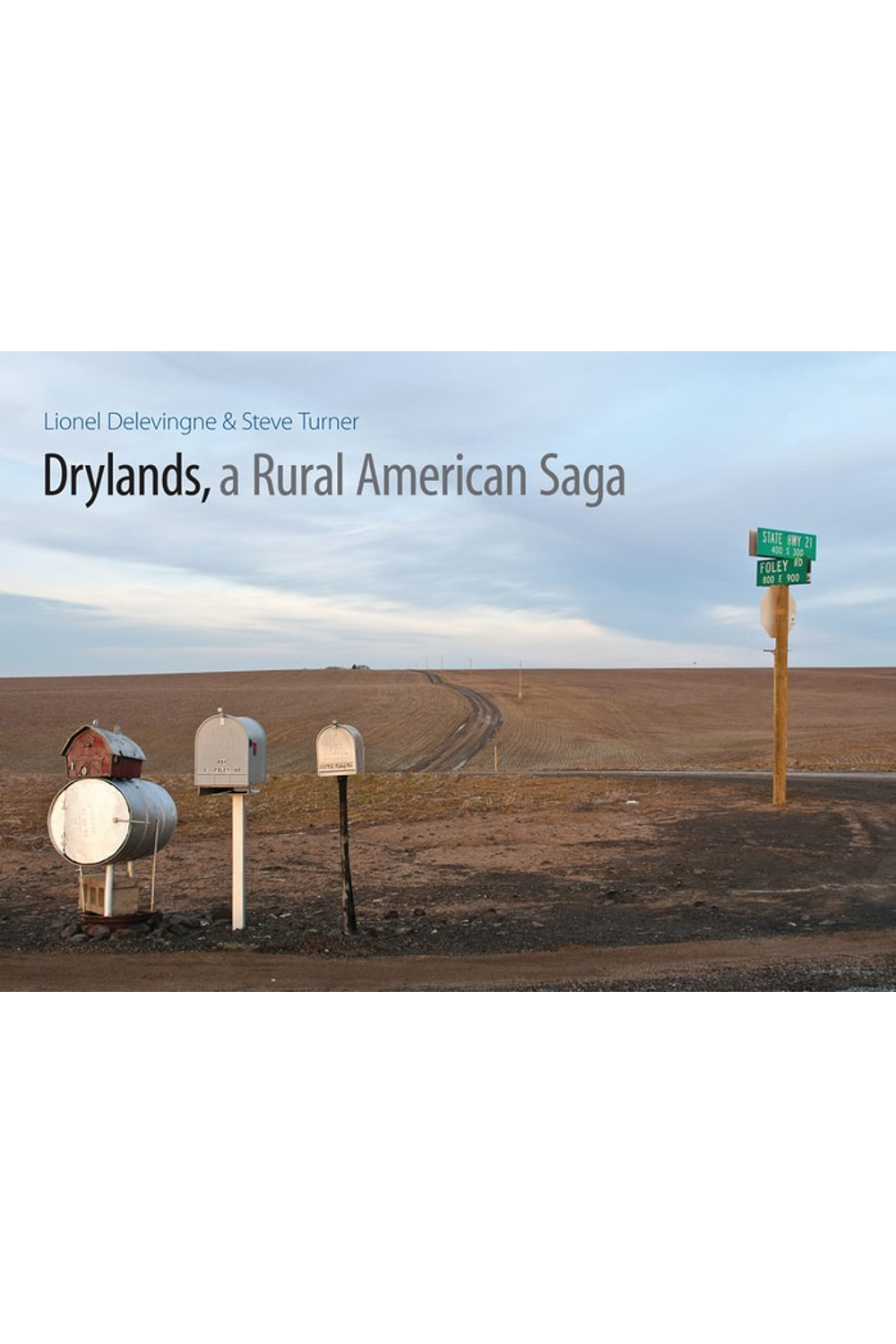Drylands: A Rural American Saga, by Steve Turner and acclaimed photographer Lionel Delevingne, offers a stark yet beautiful portrait of life in Adams County, Washington. Venture beyond postcard images and into the heart of a farming community wrestling with drought, economic hardship, and the changing face of agriculture. Delevingne’s evocative photography captures the spirit of resilience etched on the landscape and faces of its inhabitants. Turner’s poignant essays provide vital context, exploring the complexities of rural life, family legacies, and the enduring connection to the land. Discover a side of America often overlooked, where hard work and hope persist amidst adversity. A compelling read for those interested in photography, rural sociology, and the American experience. Published by the University of Nebraska Press.
Drylands, a Rural American Saga
22,81 $
In stock
Family values, hard-won success, and tough love for tough times: when we talk about America as an image and an ideal it is generally the enduring reality of middle-American virtue, deep roots, and rural life that we imagine. Focusing on Adams County in the Columbia Plateau in eastern Washington, Drylands, a Rural American Saga is a pictorial essay documenting the reality underlying our national self-portrait. Both an exception to and a paradigm of the countrys agricultural folkways, Adams County offers a panorama of rolling cropland, sagebrush scree, and deep coulees formed by volcanic forces and ice-age floods. The shortage of rainfall, however, mocks the richness of the soils produced by prehistoric events. Yet as documented in these pages, the harvests of Adams County produce a significant share of the nations food, standing as clear testimony to the skill and perseverance of those who work the land.
Lionel Delevingnes evocative photographs capture the essence of life centered on the annual rhythm of cultivation, planting, harvest, and marketing. His lens also captures the troubles that have led to abandoned farmsteads, shrinking towns, and shuttered local businesses. Together with Steve Turners stirring essays, Delevingnes photographs provide a true portrait of the American landscape, of those who have failed, those who have prospered, and those who struggle on, unseen by motorists speeding by on the interstate.
| Authors | |
|---|---|
| Binding | |
| Condition | |
| ISBN-10 | 0803234244 |
| ISBN-13 | 9780803234246 |
| Language | |
| Pages | 144 |
| Publisher | |
| Year published | |
| Weight | 599 |
| Edition | Illustrated |
Related products
What is Punk?
13,12 $
- Additional information
- Currencies
- USD – United States dollar
- EUR – Euro
- GBP – Pound sterling
- CNY – Chinese yuan
- BRL – Brazilian real
- MXN – Mexican peso
- JPY – Japanese yen
- PHP – Philippine peso
- THB – Thai baht
- PLN – Polish złoty
- CAD – Canadian dollar
- MYR – Malaysian ringgit
- AUD – Australian dollar
- TWD – New Taiwan dollar
- CZK – Czech koruna
- SEK – Swedish krona
- HUF – Hungarian forint
- ILS – Israeli new shekel
- CHF – Swiss franc
- HKD – Hong Kong dollar
- DKK – Danish krone
- SGD – Singapore dollar
- NOK – Norwegian krone
- NZD – New Zealand dollar





